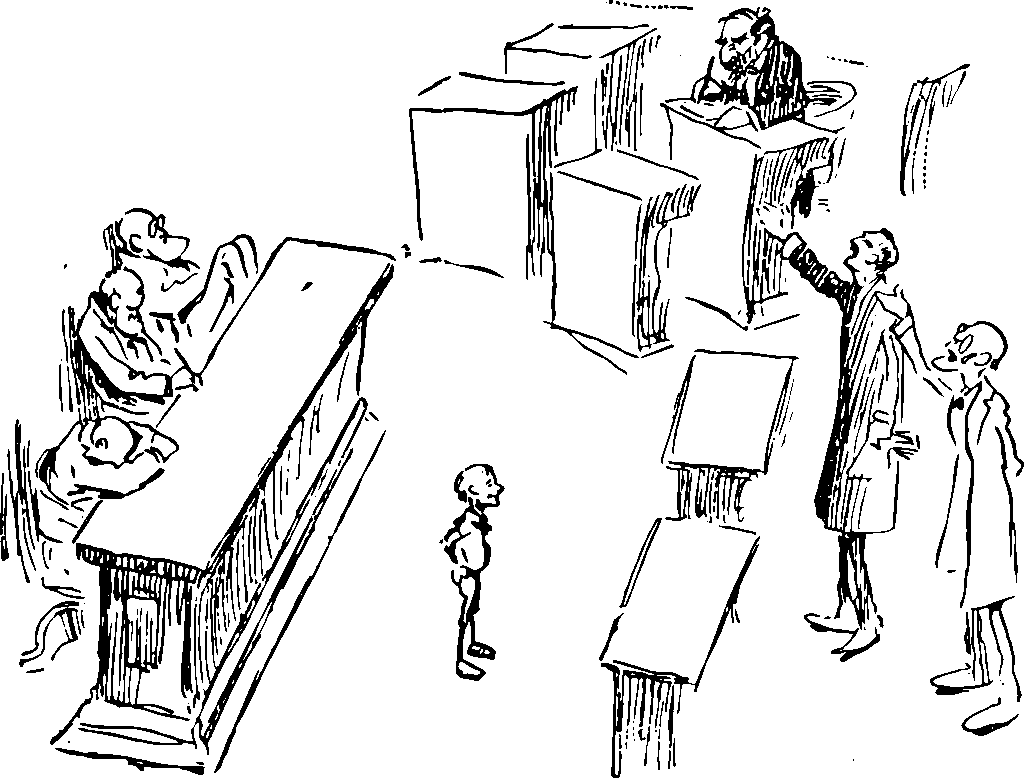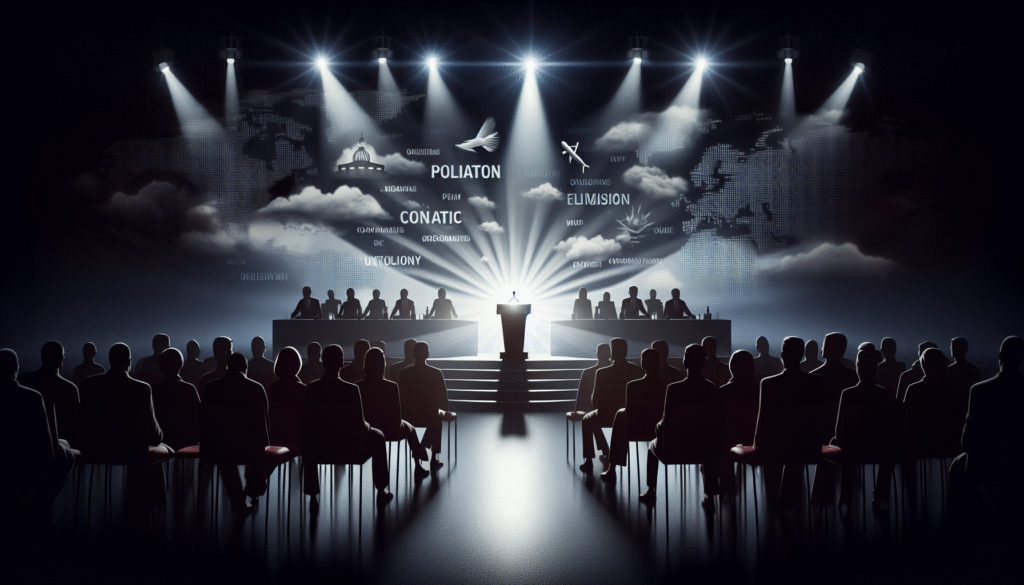What’s the Role Of Debates In Campaign Communication?

Introduction
Have you ever wondered about the impact of debates in political campaign communication? Debates play a crucial role in shaping public opinion, influencing voters, and showcasing the candidates’ abilities to lead. Let’s explore the significance of debates in campaign communication and how they can sway the outcome of an election.
Overview of Debates
Debates are structured discussions between candidates where they present their views on various issues, respond to questions, and engage in exchanges to persuade voters. These debates are usually televised, streamed online, or held in front of live audiences, allowing the public to assess the candidates’ policies, personalities, and capabilities.
Importance of Debates
Debates serve as a platform for candidates to demonstrate their knowledge, articulate their policies, and defend their positions on key issues. They offer voters a direct comparison between candidates and help clarify their stance on important topics. Debates also provide an opportunity for undecided voters to evaluate the candidates and make an informed decision.
Types of Debates
There are several types of debates in campaign communication, each with its own format and purpose:
-
Presidential Debates: These debates involve the presidential candidates and focus on national and international issues. They are crucial in determining the direction of the country and shape public opinion about the candidates.
-
Primary Debates: Primary debates are held among candidates from the same political party competing for the nomination. These debates help voters within the party make an informed choice about who should represent them in the general election.
-
Town Hall Debates: Town hall debates involve interactions with a live audience, where voters ask questions directly to the candidates. This format allows for a more personal connection between the candidates and the public.

Advantages of Debates
Debates offer numerous advantages in campaign communication:
-
Engagement: Debates help engage voters in the political process and encourage them to be more informed about the candidates and their policies.
-
Transparency: Debates provide transparency by allowing candidates to present their ideas, values, and plans directly to the public without filters or intermediaries.
-
Accountability: Debates hold candidates accountable for their statements and positions, as they are subjected to scrutiny and fact-checking in real-time.
Role of Moderator
Moderators play a crucial role in debates by ensuring fairness, facilitating discussions, and enforcing time limits. They ask questions, control the flow of the debate, and redirect candidates if necessary. Moderators also fact-check statements, maintain decorum, and ensure that all candidates have an equal opportunity to speak.

Strategies in Debates
Candidates use various strategies to navigate debates and communicate effectively:
-
Preparation: Candidates research topics, practice responses, and anticipate questions to be well-prepared for the debate.
-
Messaging: Candidates use messaging techniques to convey their policies, values, and priorities clearly to the audience.
-
Body Language: Non-verbal cues such as gestures, facial expressions, and posture can influence how candidates are perceived by viewers.
Impact on Public Opinion
Debates can have a significant impact on public opinion and voter behavior:
-
Change Minds: Debates have the power to change voters’ minds by revealing new information, highlighting differences between candidates, or shifting perceptions.
-
Reinforce Support: Debates can also reinforce support for a candidate by showcasing their strengths, inspiring confidence, and rallying their base.

Criticisms of Debates
Despite their importance, debates also face criticisms and challenges in campaign communication:
-
Format Limitations: Some critics argue that debates are too structured, lack spontaneity, or focus on style over substance, limiting in-depth discussions.
-
Soundbites: Candidates may resort to soundbites or scripted responses to appeal to viewers, rather than engaging in substantive conversations.
Conclusion
In conclusion, debates play a vital role in campaign communication by providing a platform for candidates to present their ideas, engage with voters, and influence public opinion. Understanding the significance of debates in shaping election outcomes can help voters make informed decisions and hold candidates accountable for their policies and promises. The next time you watch a political debate, pay attention to how candidates communicate their messages and how debates impact your perception of them.
